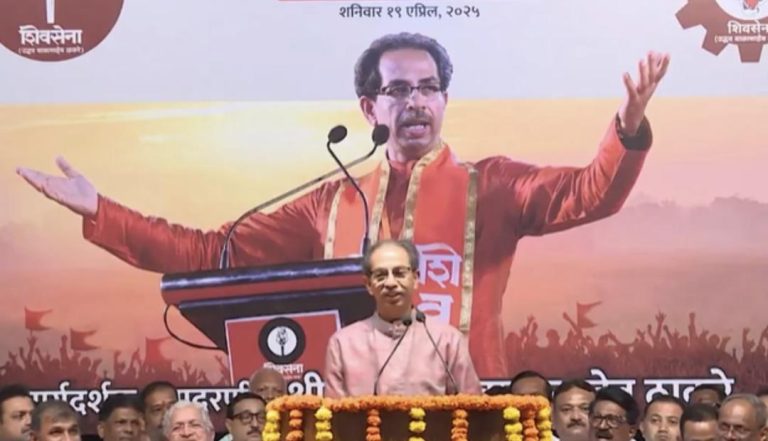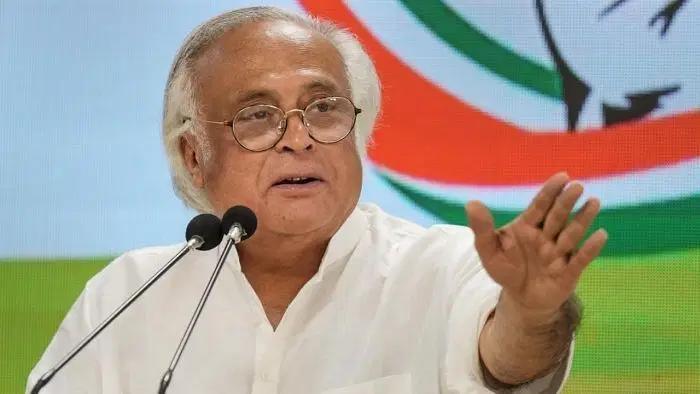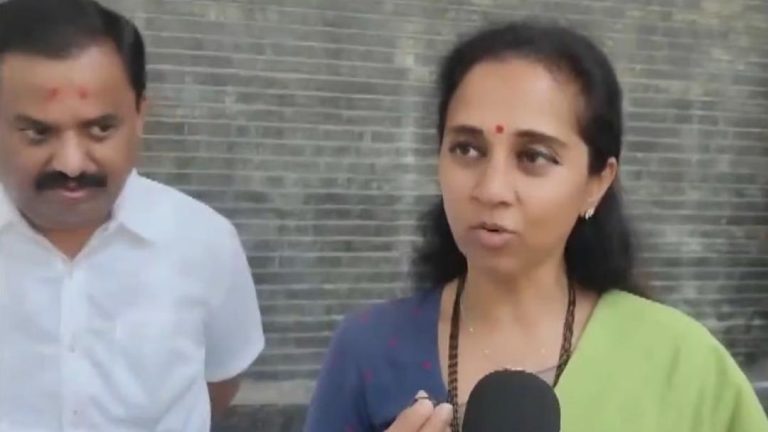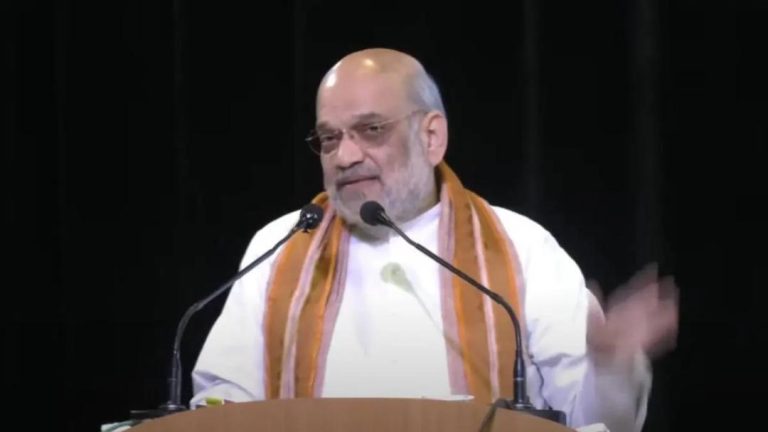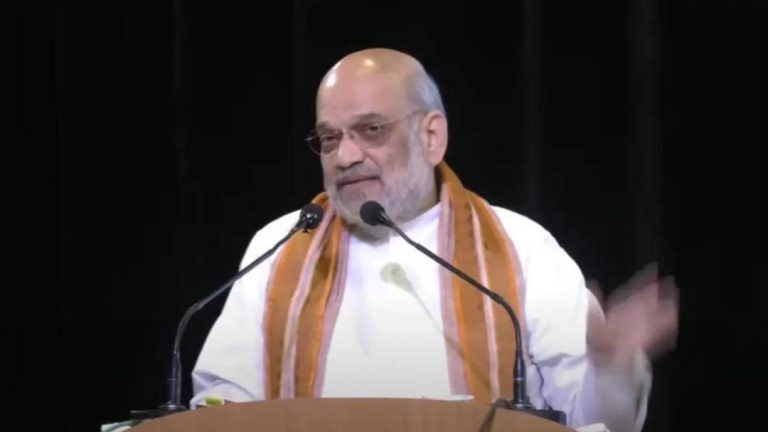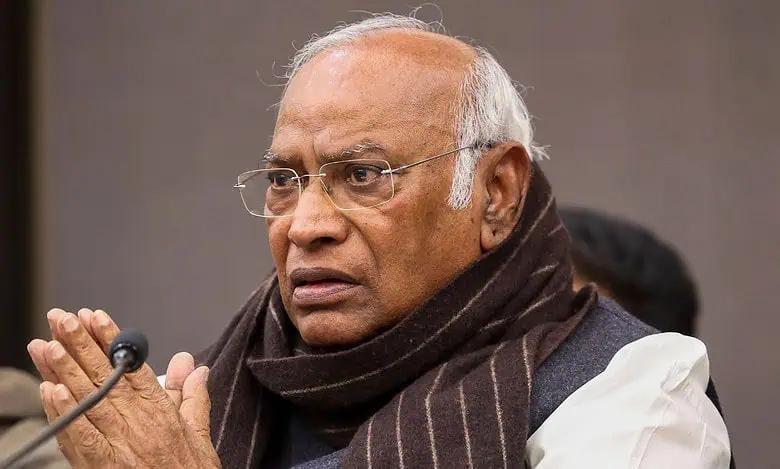
Modi Govt Weakening RTI in Name of Data Protection: Kharge
The Right to Information (RTI) Act, a cornerstone of transparency and accountability in governance, has been facing numerous challenges in recent times. The Modi government’s latest attempts to amend the Act have drawn widespread criticism, with many arguing that it is weakening the law in the name of data protection. Congress President Mallikarjun Kharge has joined the chorus of dissenting voices, accusing the government of undermining the RTI Act and vowing to fight against the encroachment of individual rights.
Kharge’s remarks came as the government is pushing for amendments to the RTI Act, which would allegedly strengthen data protection measures. However, critics argue that the proposed changes would instead stifle transparency and accountability, allowing public authorities to withhold information and maintain a veil of secrecy.
In an interview, Kharge lamented the Modi government’s attempts to weaken the RTI Act, stating, “The Modi government is trying to weaken the RTI Act in the name of data protection. This is a dictatorial regime that wants to suppress the voices of the people and silence those who dare to question their actions.” He emphasized that the Congress party would continue to fight against these attempts, asserting, “We will not let the RTI weaken, and we will continue to raise our voice against such attempts.”
The RTI Act, enacted in 2005, is a landmark legislation that empowers citizens to seek information from public authorities on matters of public concern. The Act has been instrumental in promoting transparency and accountability in governance, allowing citizens to access information that was previously considered confidential. However, the Modi government’s attempts to amend the Act have raised concerns about its commitment to transparency and accountability.
One of the key concerns is the proposal to introduce a new category of “sensitive” information, which would be exempt from disclosure under the RTI Act. Critics argue that this would allow public authorities to withhold information on a wide range of topics, from government decisions to corruption scandals. Additionally, the proposed amendments would introduce stricter penalties for those who seek or disclose “sensitive” information, further stifling transparency.
Another area of concern is the proposal to restrict access to information on officials’ assets and liabilities. The RTI Act currently requires public officials to disclose their assets and liabilities, which has helped to promote transparency and accountability in governance. However, the proposed amendments would allow officials to withhold this information, making it difficult for citizens to track their assets and hold them accountable for any wrongdoing.
Kharge’s criticism of the Modi government’s attempts to weaken the RTI Act is not without merit. The government’s track record on transparency and accountability has been questionable, with several instances of information being withheld or destroyed to avoid disclosure. The proposed amendments to the RTI Act would only exacerbate this problem, allowing public authorities to maintain a veil of secrecy and avoid accountability.
In conclusion, the Modi government’s attempts to weaken the RTI Act in the name of data protection are a cause for concern. The proposed amendments would stifle transparency and accountability, allowing public authorities to withhold information and maintain a veil of secrecy. The Congress party’s commitment to fighting against these attempts is welcome, as it highlights the importance of protecting individual rights and promoting transparency and accountability in governance.
Source:
https://www.siasat.com/modi-govt-weakening-rti-in-name-of-data-protection-kharge-3189327/
